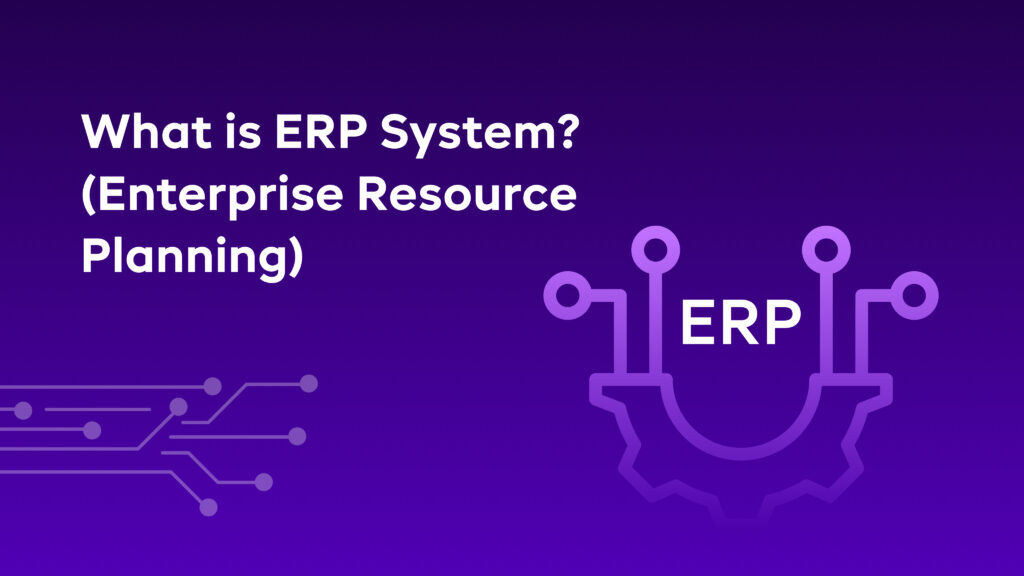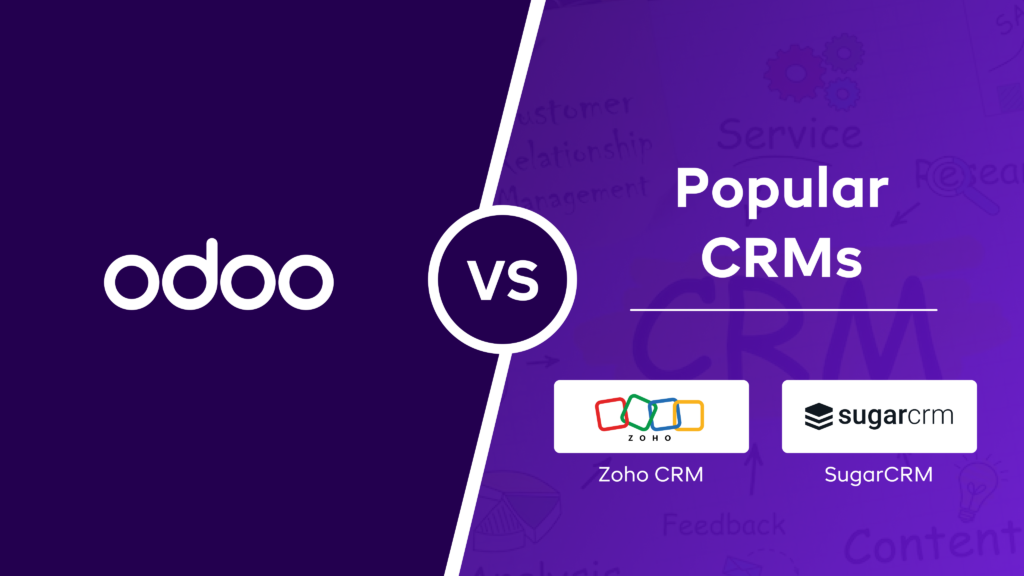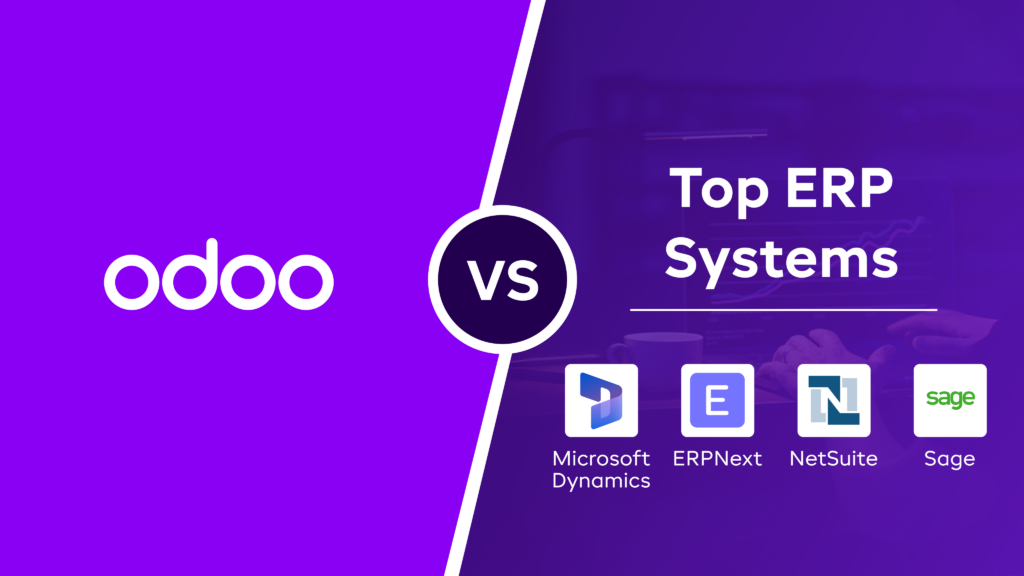What is ERP System? (Enterprise Resource Planning)
Published on December 9th 2022

Summery
The term ERP refers to Enterprise Resource Planning. It is a system that can be used by companies for managing their daily activities. These daily activities consist of project management, accounting, risk management, and procurement. An ERP system amalgamates all the business processes together and create a smooth data flow.
It is helpful in eliminating duplicate data and offers data integrity with a valid truth source. In today’s world ERP systems are extremely important for managing business of all sizes belonging to different industries.
What do you mean by an ERP System?
An ERP system refers to an extensive system platform meant for helping businesses run more effectively and efficiently. This system is capable of taking orders from customers, update inventory, manage financial records, and predict future labour needs.

Apart from managing process, ERP systems collects, stores, and analyzes data from various internal functions. These internal functions refer to the manufacturing, accounting, and development section of the business.
How Does an ERP System Work?
ERP systems make use of a standardized data structure. The information added by one department is available to the other departments at the same time. With this quick information sharing process, all the departments of the company are on the same page.

With the help of an ERP system, you can get real-time data. This real-time data will create a smooth workflow across departments. The head of a department can look out if all the departments are working in sync and the information passed is correct and on-time.
ERP systems work the best for your company when you choose different modules for each business department. Having different modules provides you with correct data entry and also offers better control to the stakeholders.
When a company opts for different business systems from various vendors, it is possible to make integrations and let the data automatically flow into the ERP. This real time data can be of great use in the entire ERP process.
Why is ERP important for business?
ERP is one of the best system for putting all your business processes at one place. Once all your systems, data, and processes are in sync, you will get the desired acceleration and adaptability for optimizing your business operations.

When you think of planning and coordinating your business operations, ERP could act as your biggest assets. Here, employees have the authority to have a look at the current inventory and customer orders. Not only that, they can also compare the supplier purchase order and predict upcoming demand.
An ERP system can improve your communication with your employees by knowing the exact status of other departments. It will help the employees to make their individual decisions and work on them. With this system, you also get a host of reports and analytics that can make a huge difference for your business.
Who needs an ERP System?
Recently, companies have realized the importance of an ERP system in the industry. An ERP system comes with extended functionality to facilitate a wide variety of organizations and their requirements.Here is a list of businesses that run on an ERP system
- Retail
- Healthcare
- Education
- Manufacturing
- Finance & Insurance
- Human Resource
- Real Estate
- Travel & Hospitality
- Media & Entertainment
- Logistics
- Advertising
- Automobile
- Diamond and Jewellery
- Mobile and Wireless
Want to start a project with us?
Empowering businesses to achieve greatness through strategic guidance and innovative solutions.
Conclusion
Generally, ERP system are considered to be quite complex and multifaceted. The biggest advantage of having an ERP is that it acts as an all-in-one business management system. We hope this blog on ERP system will help you understand the platform a little better.
If you have any questions or queries regarding this topic or blog, please feel free to share in the comments.

About Author


